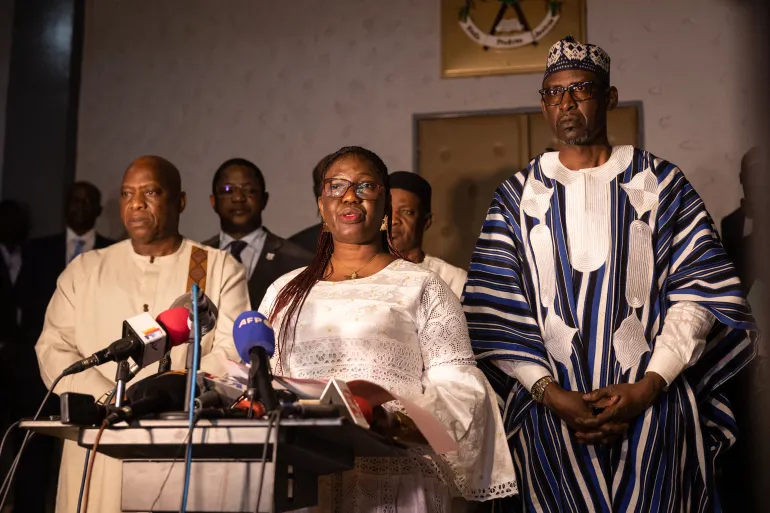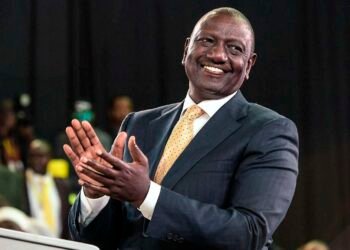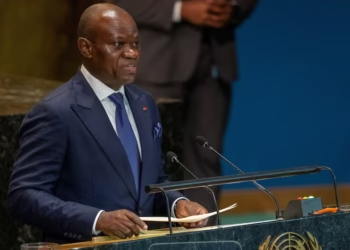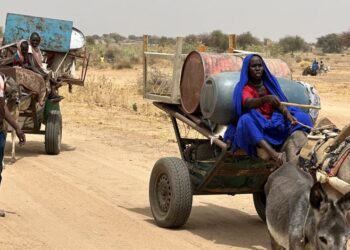The Foreign Ministers of Mali, Guinea and Burkina Faso have called for their countries’ reinstatement into two regional blocs that suspended them after recent military coups.
The top diplomats of Mali, Guinea and Burkina Faso disclosed in a joint statement that they had agreed to work together to push for the lifting of their suspensions from the Economic Community of West African States (ECOWAS) and the African Union (AU).
Abdoulaye Diop of Mali, Morissanda Kouyate of Guinea and Burkina’s Olivia Rouamba held talks in Ouagadougou, capital of Burkina Faso where they “agreed to pool their efforts and undertake joint initiatives for the lifting of the suspension measures and other restrictions” taken by the AU and ECOWAS.
The coups in Mali and Burkina Faso were triggered by frustrations following a jihadist insurgency that has claimed thousands of lives in the Sahel countries.
Guinea’s coup, on the other hand, was as a result of public anger against then President Alpha Conde who sought a third term in office, contrary to the provisions of the constitution.
A string of coups ensued in the three countries since 2020, bringing in governments that have stiffened at external demands to restore civilian rule, leading to suspensions from regional groups.
Mounting insecurity in the Sahel region led the three ministers to agree on “the need to combine their efforts and those of the countries of the sub-region and the region to deal with this scourge”, the statement said.
Mali has fallen out with France, its former colonial power and traditional ally, in favour of close military ties with the Kremlin, and speculation is rising that Burkina Faso will follow suit.
“This is the first time that I have been in Burkina Faso since the struggle of the Burkinabe people, which led to a correction enabling the recovery of sovereignty and territorial integrity in this brother country.”
Abdoulaye Diop, Foreign Minister of Mali
Military regimes have seized power in Mali and Burkina Faso amid anger at the army over the toll from a conflict that has claimed thousands of lives and forced millions from their homes.
Pressure From ECOWAS To Return To Civilian Rule
All three countries are under pressure from ECOWAS to return swiftly to civilian rule. Heads of state from ECOWAS member countries in Ghana last year, where they agreed not to lift sanctions against Mali unless the government proposes a shorter transition to civilian rule.
Mali and Guinea were also subject to other sanctions that have since been partially lifted.
Last year, the West African bloc agreed to freeze the financial assets of members of Guinea’s military government and bar them from travelling to other countries in the region.
The ECOWAS Development Bank also disclosed in a statement that it would suspend financing to Guinean development projects as part of the new sanctions.
The diplomats slammed the sanctions, saying they “affect populations already battered by insecurity and political instability, deprive ECOWAS and the AU of the contribution of the three countries needed to meet the major challenges, and undermine sub-regional and African solidarity”.
In a trip to Bamako on Tuesday, Sergey Lavrov paid tribute to the bonds forged between Mali and Russia in fighting armed groups.
He said the Kremlin was willing to provide the country with further support.
“The fight against terrorism is, of course, an issue for the other countries in the region,” Lavrov said.
“We are going to provide our assistance to them to overcome these difficulties. This concerns Guinea, Burkina Faso and Chad and the Sahel region generally and even the coastal states on the Gulf of Guinea.”
Sergey Lavrov, Russia’s Foreign Minister
Since seizing power in 2020, Mali’s military government has brought in Russian planes, helicopters and paramilitaries; personnel that France says are Wagner mercenaries.
READ ALSO: Australia Rejects Open-Pit Coal Mine Near Great Barrier Reef





















